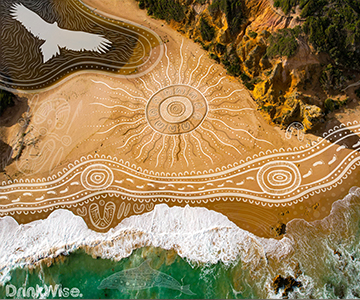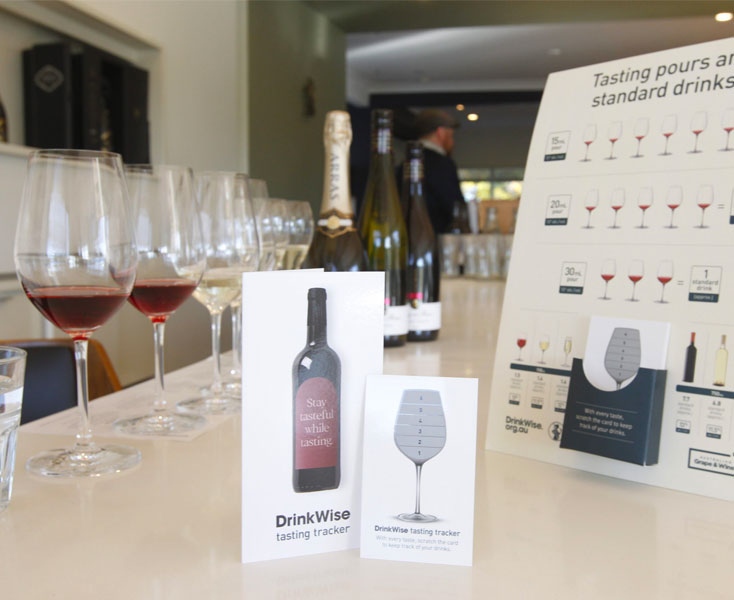Fetal Alcohol Spectrum Disorder (FASD) Awareness Program
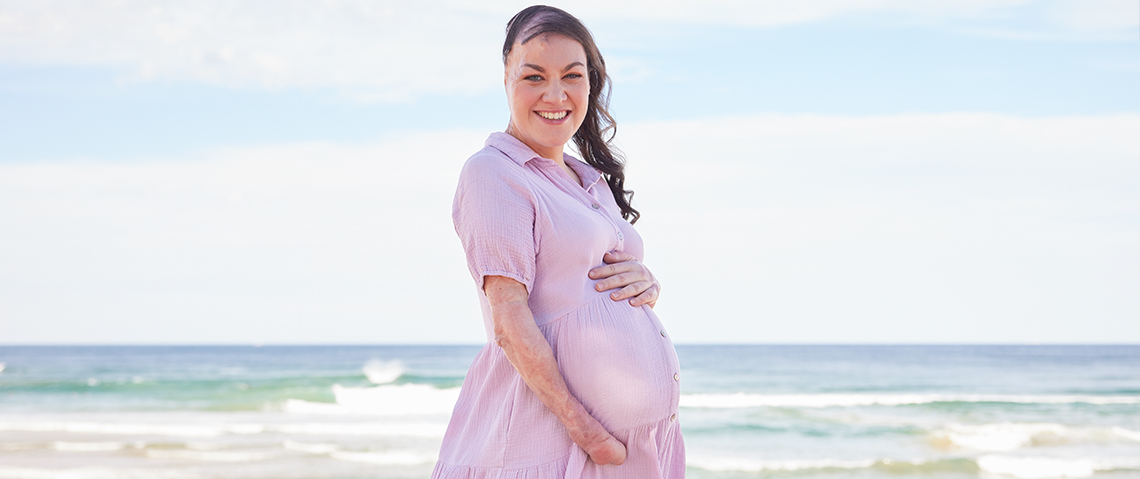
The DrinkWise Fetal Alcohol Spectrum Disorder (FASD) Awareness Program aims to create greater awareness among Australians that FASD is 100% preventable.
It’s a reminder to Australians about the importance of not drinking alcohol when planning a pregnancy or when pregnant – and that it’s safest not to drink alcohol when breastfeeding.
We recognise that rates of abstinence in pregnancy are going in the right direction but there’s still more work to be done and ongoing education is critical, which is why DrinkWise works with experts from the medical industry and well-known parents and parents-to-be to help spread this important health message.
International Fetal Alcohol Spectrum Disorder (FASD) Awareness Day – Monday 9 September 2024
Obstetrician Dr Vicki Carson and soon-to-be first-time mum, Sophie Delezio have lent their voices to the 2024 DrinkWise FASD Awareness campaign. It’s a reminder to mums, mums-to-be and their support networks (partners, friends and family) that FASD is 100% preventable by abstaining from alcohol when pregnant or planning a pregnancy – and that it’s safest not to drink alcohol when breastfeeding.
Obstetrician Dr Vicki Carson has seen the devastating and permanent effects of FASD which is she continues to remind pregnant patients that alcohol should not be consumed during their pregnancy journey.
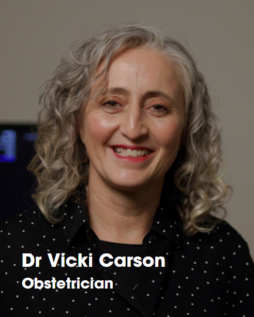
“FASD is an umbrella term for the range of physical, cognitive, behavioural and neurodevelopmental abnormalities that can affect babies who are exposed to alcohol during pregnancy or breastfeeding. All Australians need to know that prenatal exposure to alcohol can reduce the size and weight of the fetal brain. It can also directly damage regions of a baby’s brain that are critical for learning, memory, behaviour, language and decision-making. The range and severity of FASD-related conditions differ from one person to the next and the symptoms are apparent to varying degrees throughout life.
“FASD a lifelong condition but one that is 100% preventable. As an obstetrician, my advice is that you should avoid alcohol completely when you’re planning a pregnancy, while you’re pregnant and while you’re breastfeeding. It really is the safest option for your baby.
“When I see a couple who already have one child affected by FASD, the most common reason is that they didn’t know to avoid or abstain from alcohol during pregnancy or they thought a little bit wouldn’t hurt. And that’s just a reminder of how important this campaign is.
“We do know the importance of education and the critical role doctors and obstetricians play, which is why I encourage all my colleagues to continue to remind their pregnant patients that it’s best to avoid alcohol altogether. I also encourage partners, friends and families to learn about FASD too. This isn’t just an issue that women should know about. We all have a role to play in promoting healthy pregnancy choices,” said Dr Carson.
Sophie Delezio, who endured unimaginable hardships and health challenges growing up, is helping DrinkWise to raise the importance of women avoiding alcohol throughout their pregnancy journey.
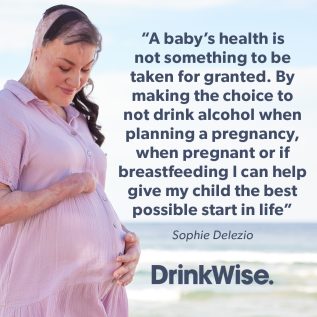
“Having overcome significant obstacles throughout my life, I’ve come to deeply appreciate how precious and fragile life can be. While my challenges were not preventable, I know that FASD is – which is why I’m committed to spreading this vital message.
“As I enter motherhood for the first time, I understand the importance of making informed choices during pregnancy. Whilst most people are aware that they should avoid alcohol during pregnancy, they might not fully understand the devastating impacts of FASD.
“Growing up, I had a friend who was diagnosed with FASD and I saw how it affected their daily life. My goal is to encourage all mums and mums-to-be to make the best choices for their babies by avoiding alcohol when trying for a baby, during pregnancy and while breastfeeding.
“A baby’s health is not something to be taken for granted. By making the choice to not drink alcohol when planning a pregnancy, when pregnant or if breastfeeding I can help give my child the best possible start in life – I hope others make this choice too.”
Dr Mark Wenitong has helped to raise awareness that FASD is not just an issue for women in general, but for everyone – men, partners, friends and family.
Past President and founder of the Australian Indigenous Doctors’ Association and past Aboriginal Public Health Medical Officer, Dr Mark Wenitong has worked for almost three decades to help improve the health and wellbeing of Indigenous Australians. He has lent his voice to highlight that ongoing education about FASD and the importance of not drinking alcohol when pregnant, when planning for a pregnancy and when breastfeeding is critical.
Data from the Australian Institute of Health and Wellbeing in 2021 shows that 91.5% of women who identified as First Nations did not consume alcohol in the first 20 weeks of pregnancy** and 96.6% of women who identified as First Nations did not consume alcohol after 20 weeks of pregnancy**.
“It’s great that an increasing amount of mothers to Indigenous children are reporting that they are staying away from alcohol when they are pregnant, but there is still a lot more to be done to increase awareness about FASD and the fact that any amount of alcohol will have an impact on the fetus, no matter what background you come from.
“As a doctor, my advice is to not drink alcohol when you’re planning for a pregnancy and while you are pregnant as FASD is 100% preventable. For men, this might mean they could also stop drinking during the pregnancy as well as a sign of support,” said Dr Wenitong.
Aboriginal actor, Deb Mailman continues to lend her voice to amplify the important FASD message.
The commercial Deb made about FASD is being aired on the Indigenous Imparja television network.
“As a mum the health and wellbeing of my kids is the most important thing to me. I didn’t drink alcohol while I was pregnant because of the risks of FASD,” said Deb.
13YARN National Manager Aunty Marjorie Anderson has helped to raise awareness and understanding of FASD to reduce shame and stigma.
“Education and raising awareness and understanding of FASD and reducing stigma and shame is important. Our mob need to understand the risks of drinking alcohol during pregnancy, and where to go for support, so they can ask for help if they need it. We want our community to know that they can call 13YARN if they are feeling overwhelmed or having difficulty coping. We are there to have a yarn in a culturally safe space about any needs, worries or concerns without judgement,” added Aunty Marj.
If you or someone you know is an Aboriginal or Torres Strait Islander and are feeling overwhelmed or having difficulty coping, call 13YARN on 13 92 76 or visit 13yarn.org.au.
Backed by Research
As an evidence-based organisation, DrinkWise relies on key independent research and clinical advice to underpin our campaigns and programs.
The Australian guidelines to reduce health risks from drinking alcohol (‘the Guidelines’) from the National Health and Medical Research Council (NHMRC) advise that to prevent harm from alcohol to their unborn child, women who are pregnant or planning a pregnancy should not drink alcohol. For women who are breastfeeding, not drinking alcohol is safest for their baby.
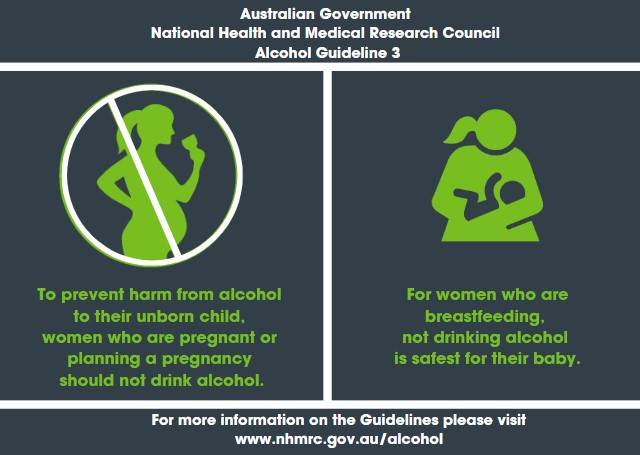
To test attitudinal and behaviour changes about abstaining from alcohol when planning a pregnancy, during a pregnancy or while breastfeeding, DrinkWise commissioned new research in 2024. Some of the key new findings from the 2024 research include:
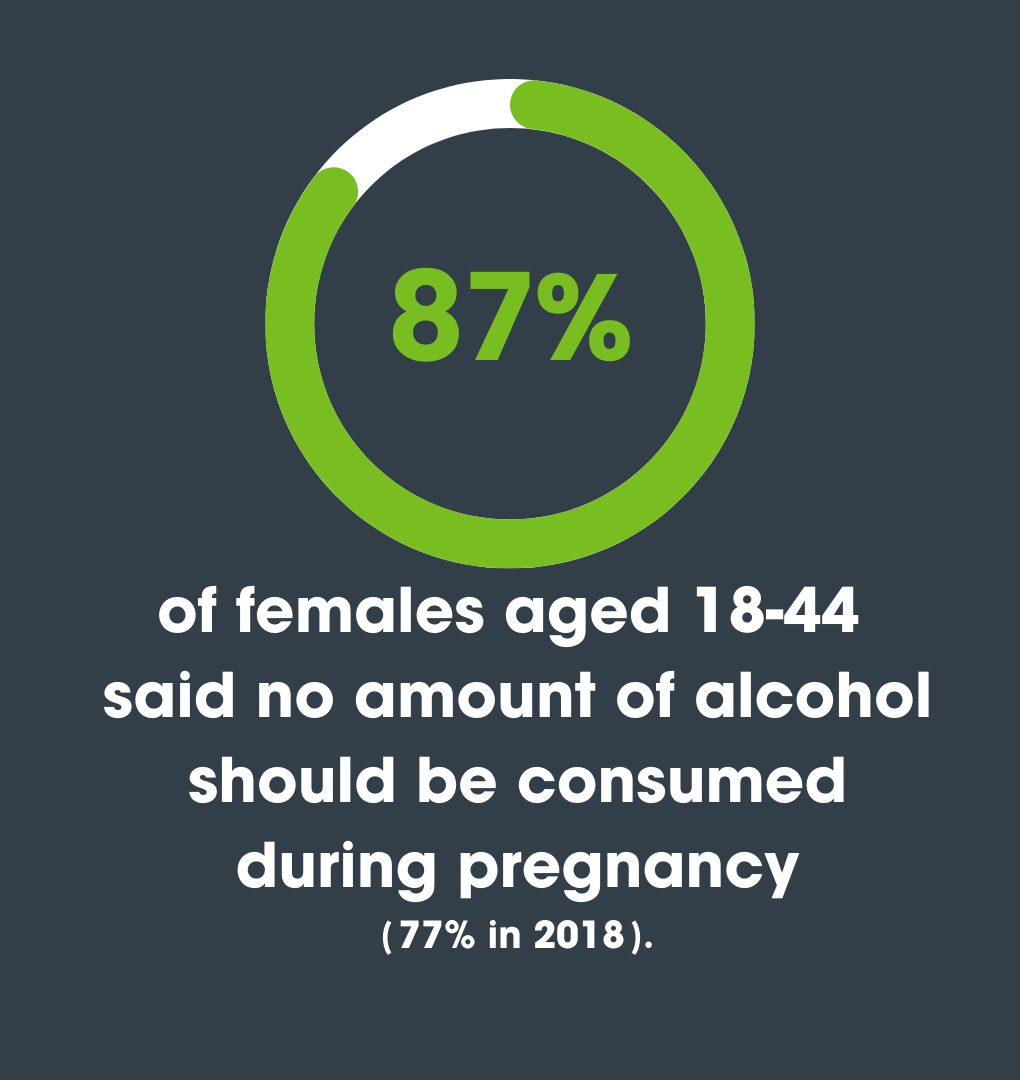
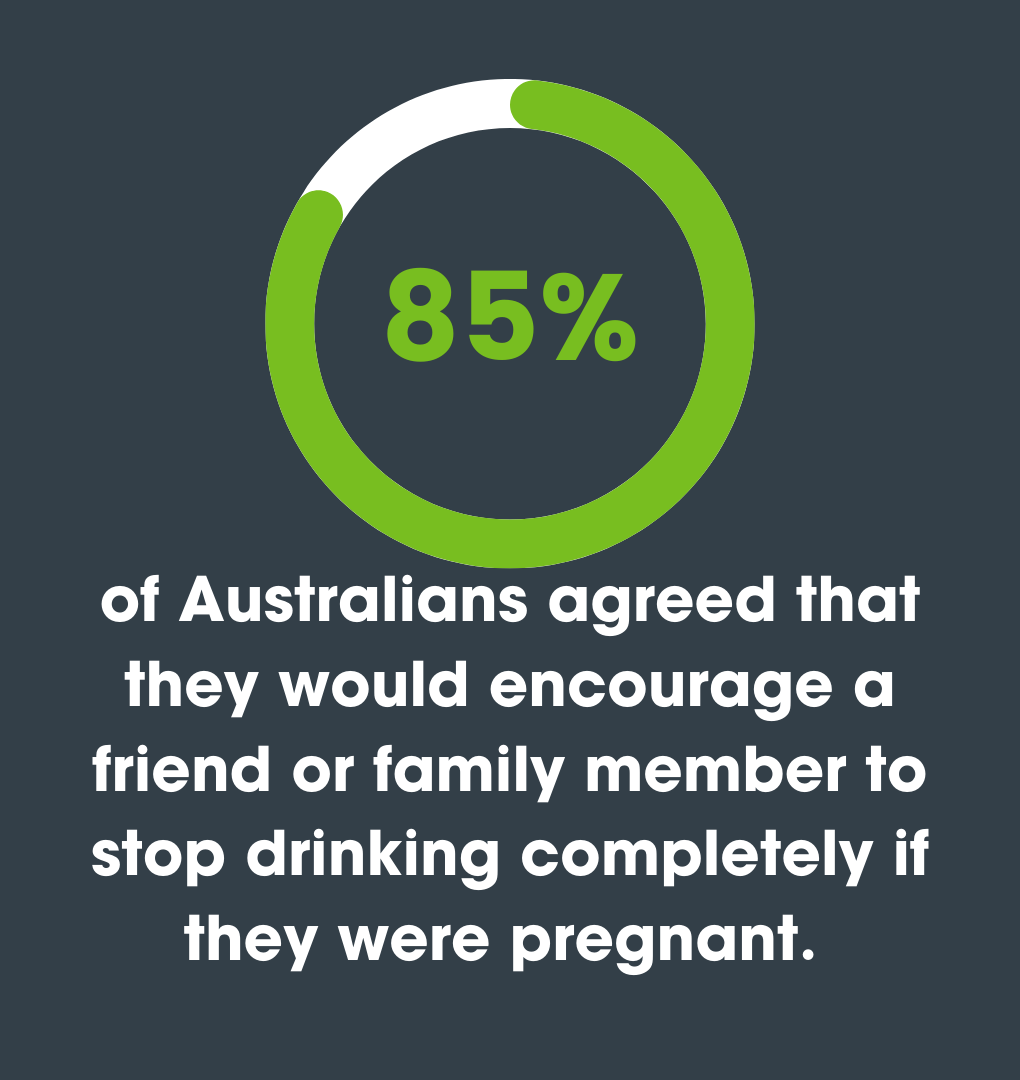
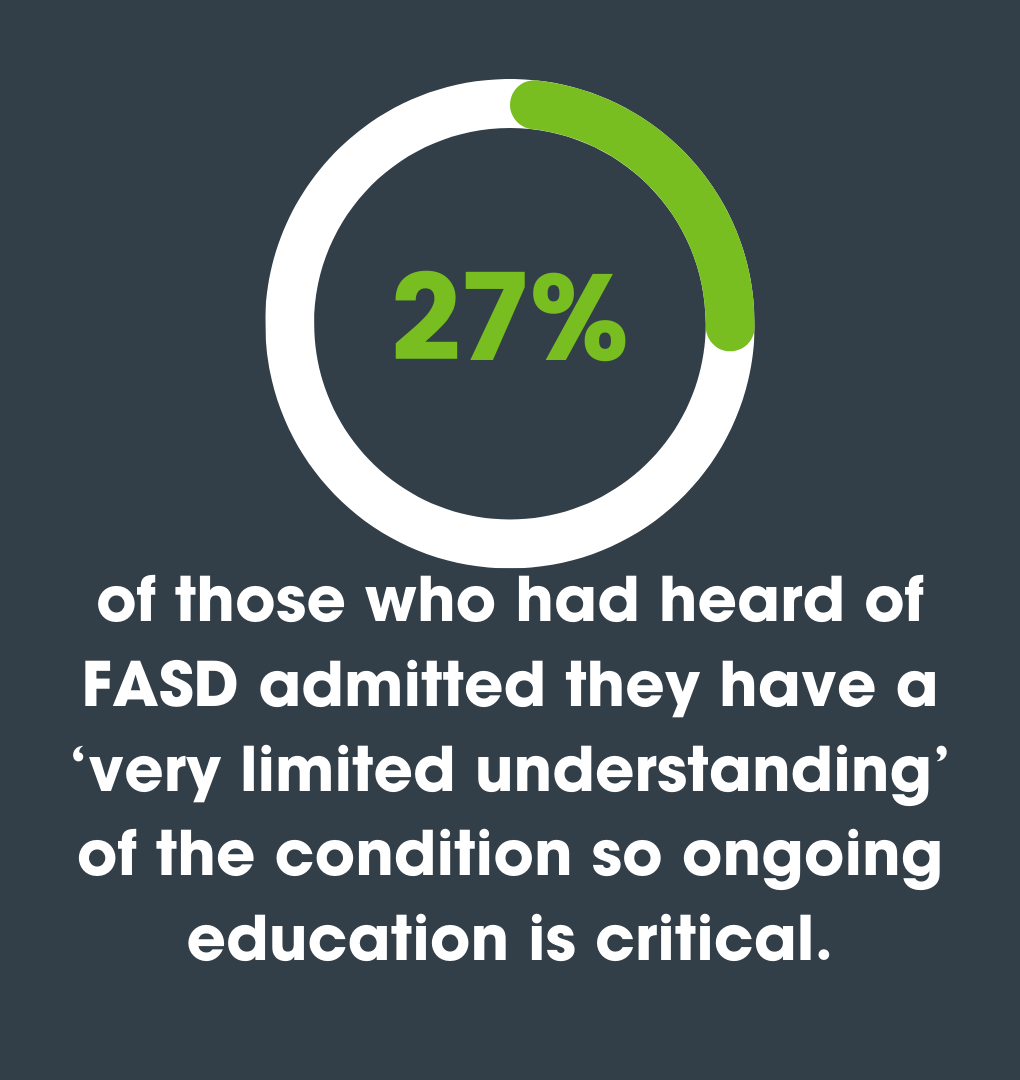
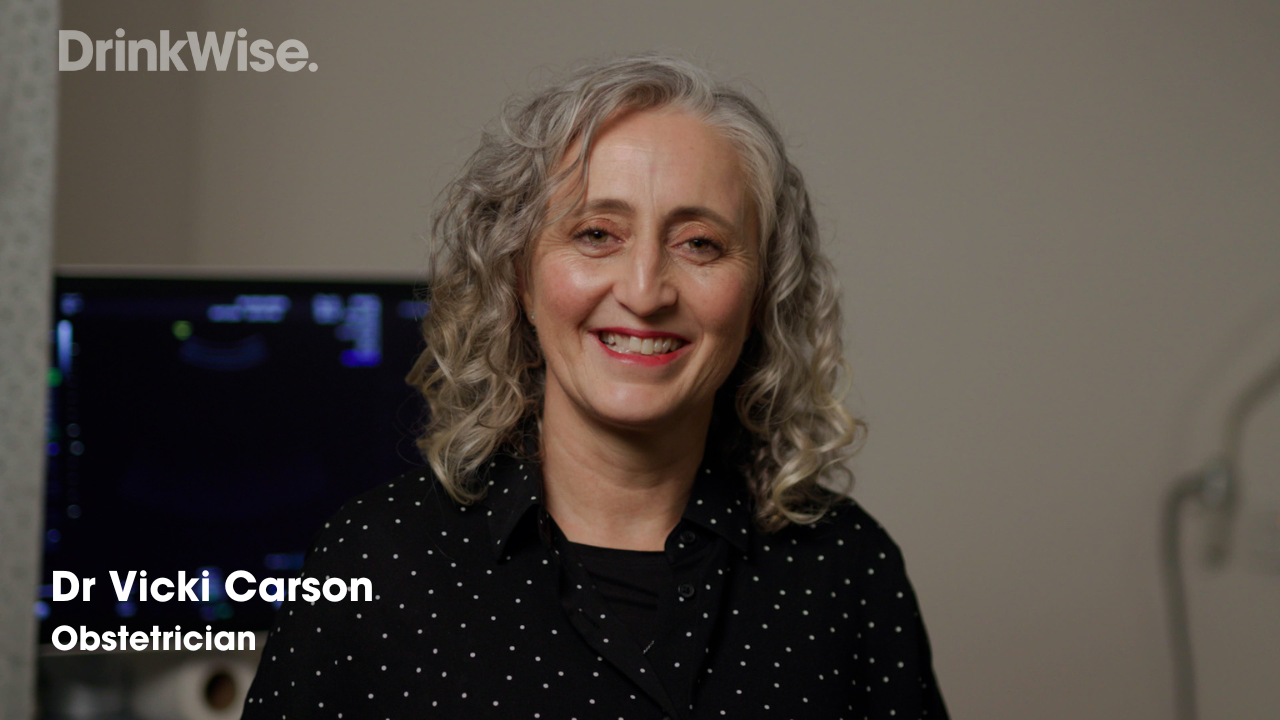
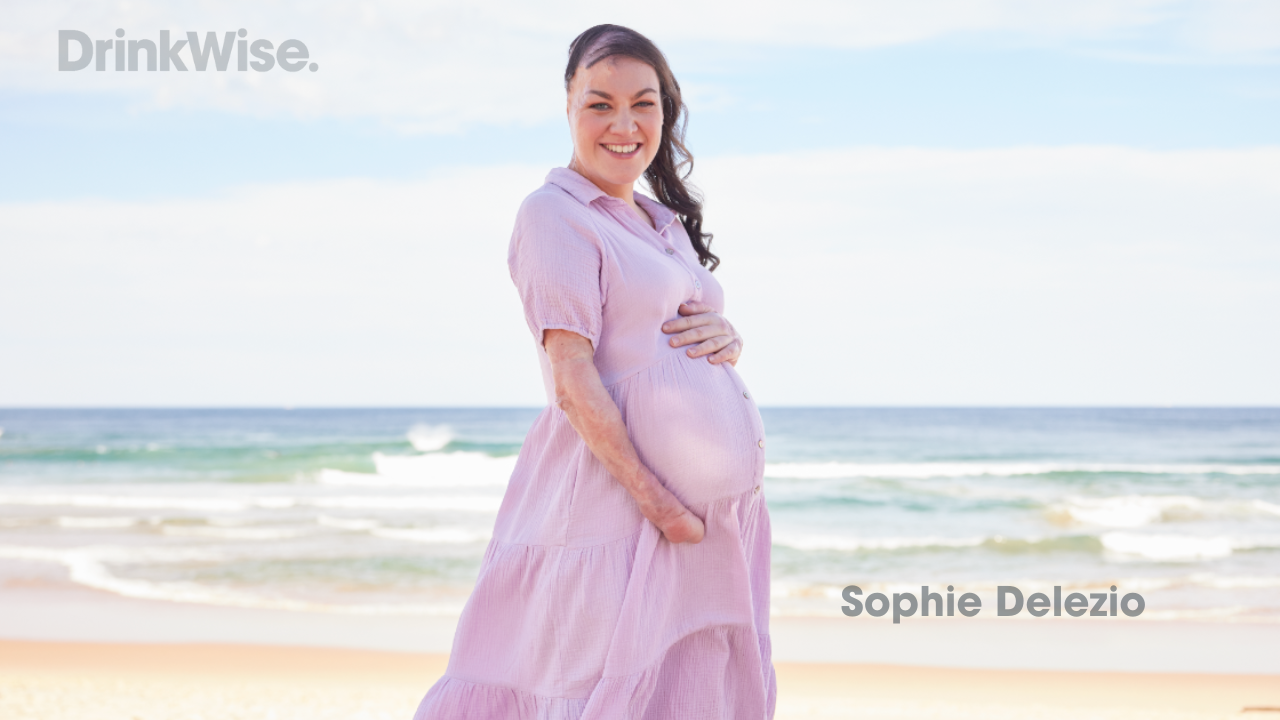
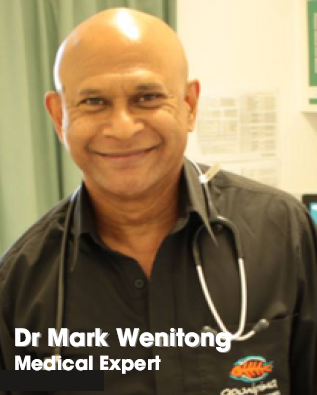
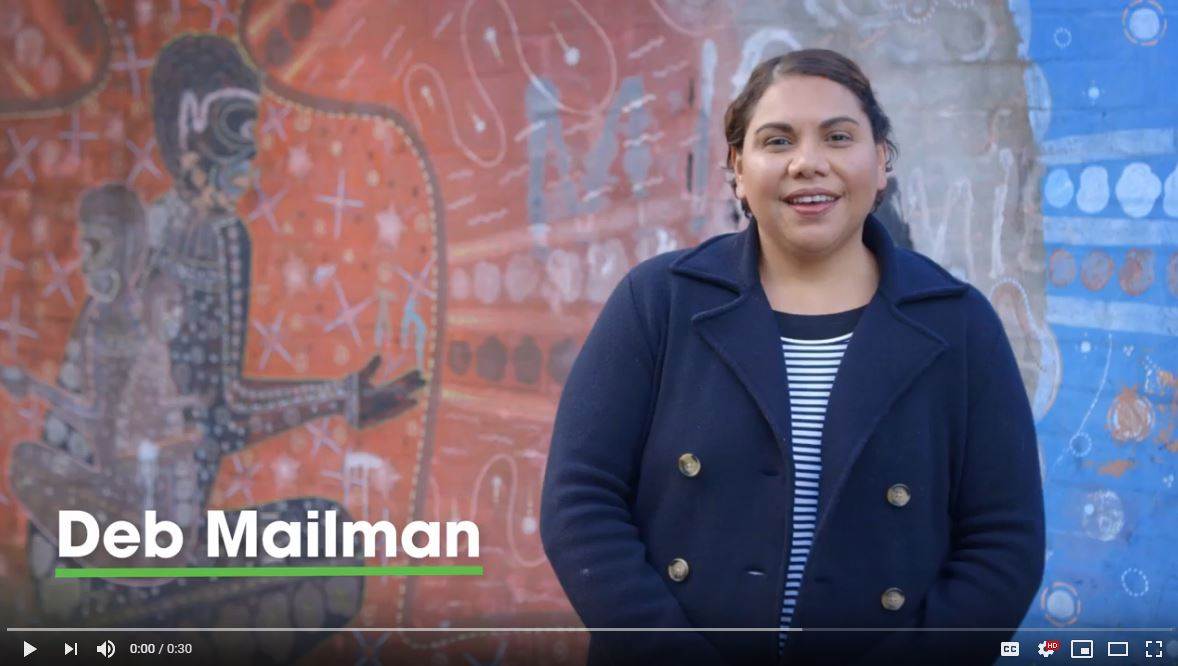
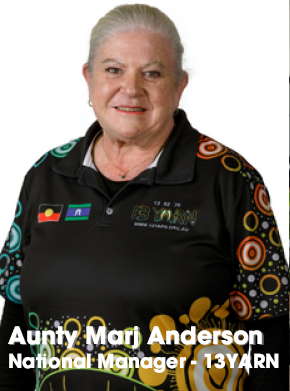
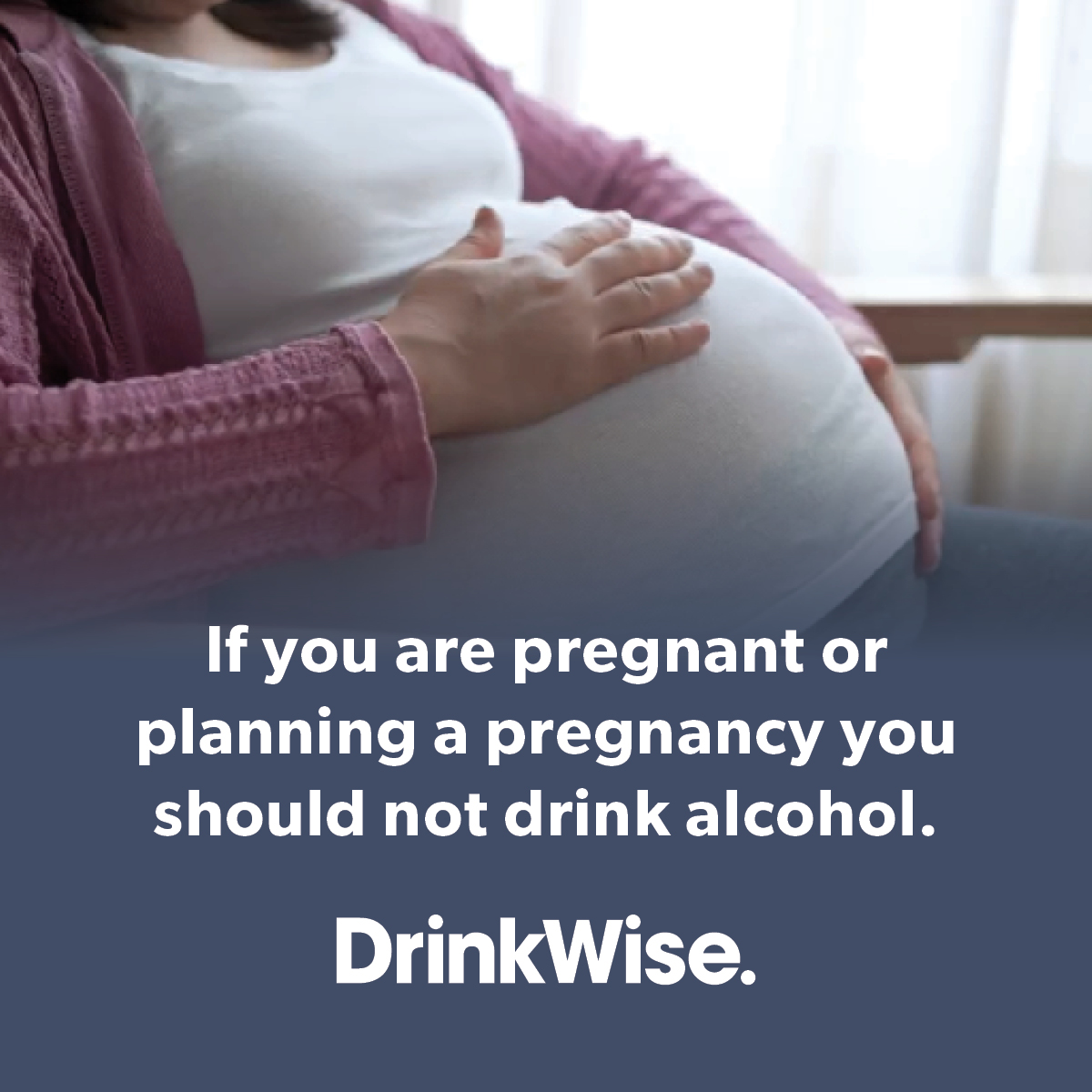
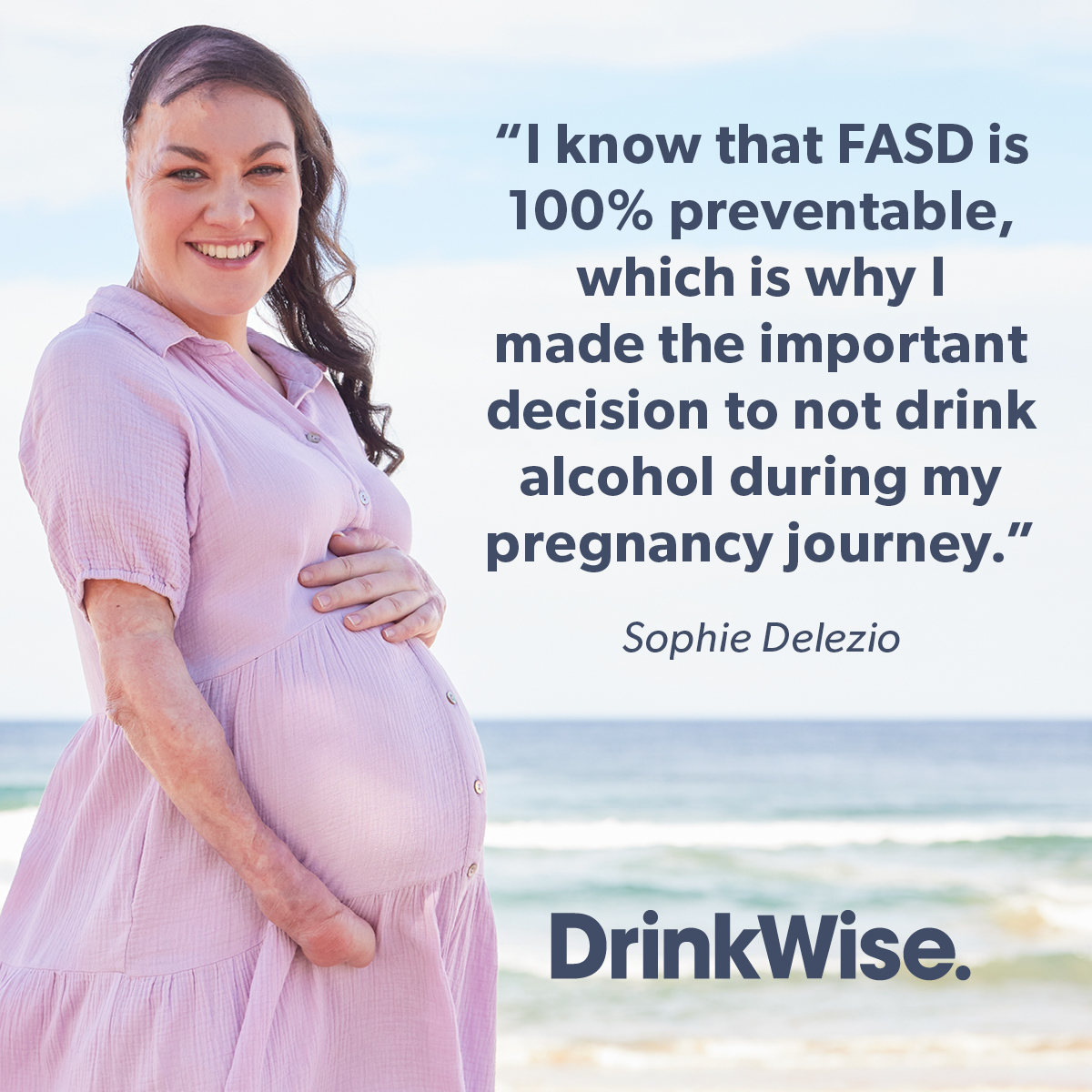
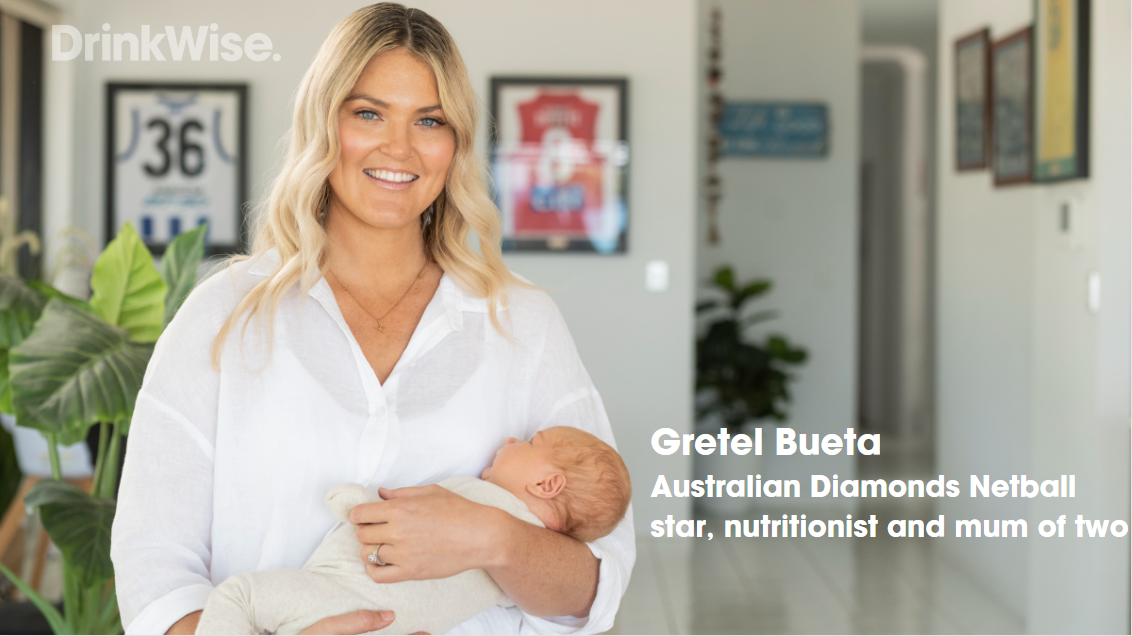

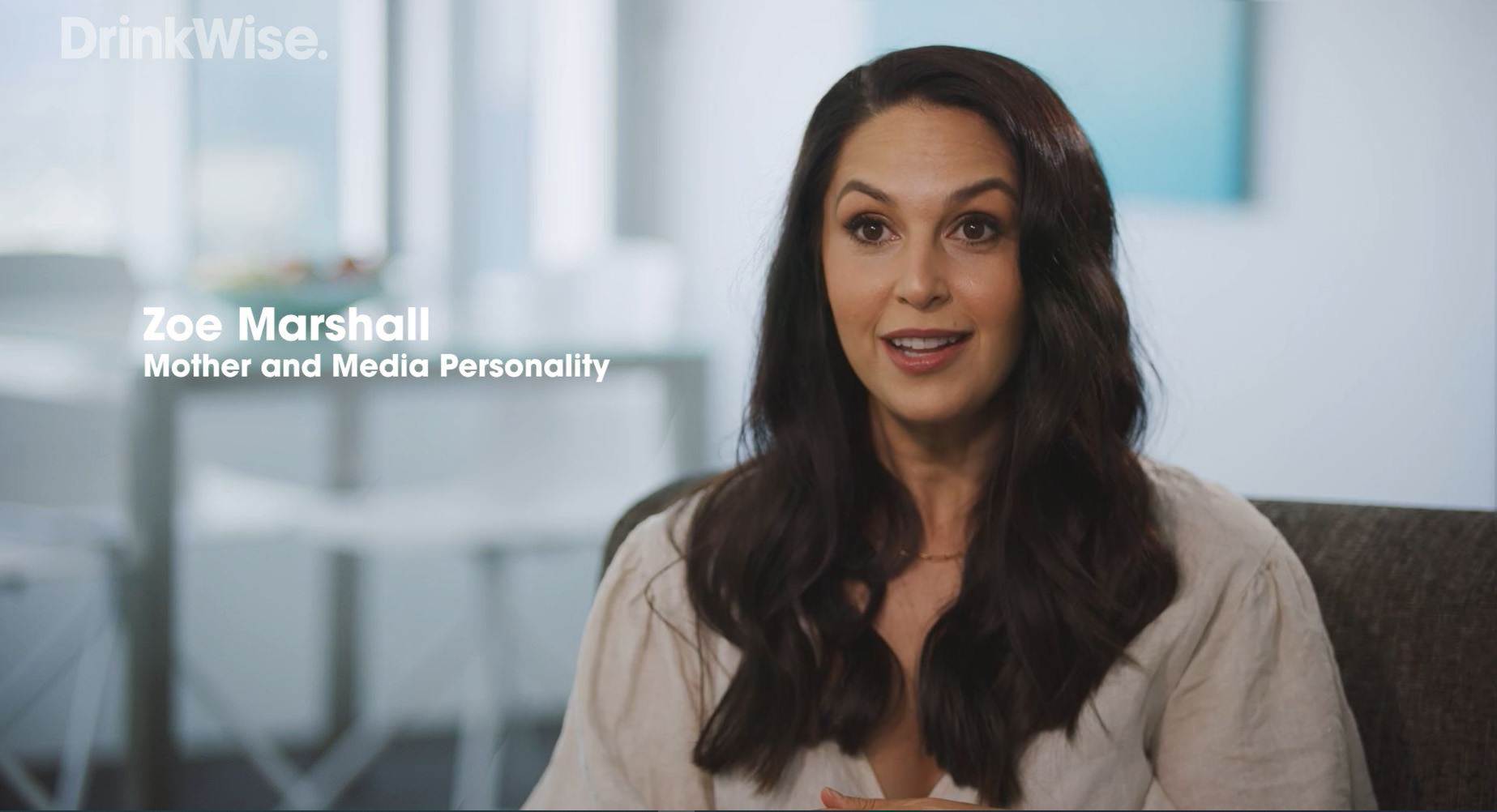
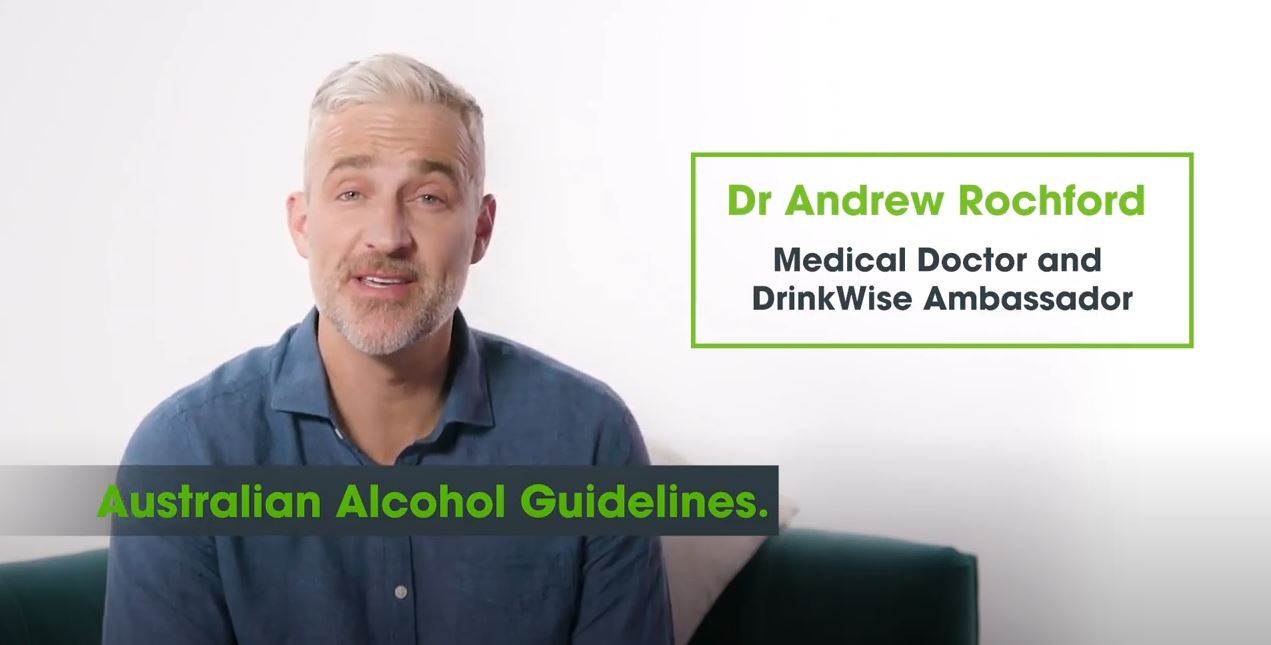
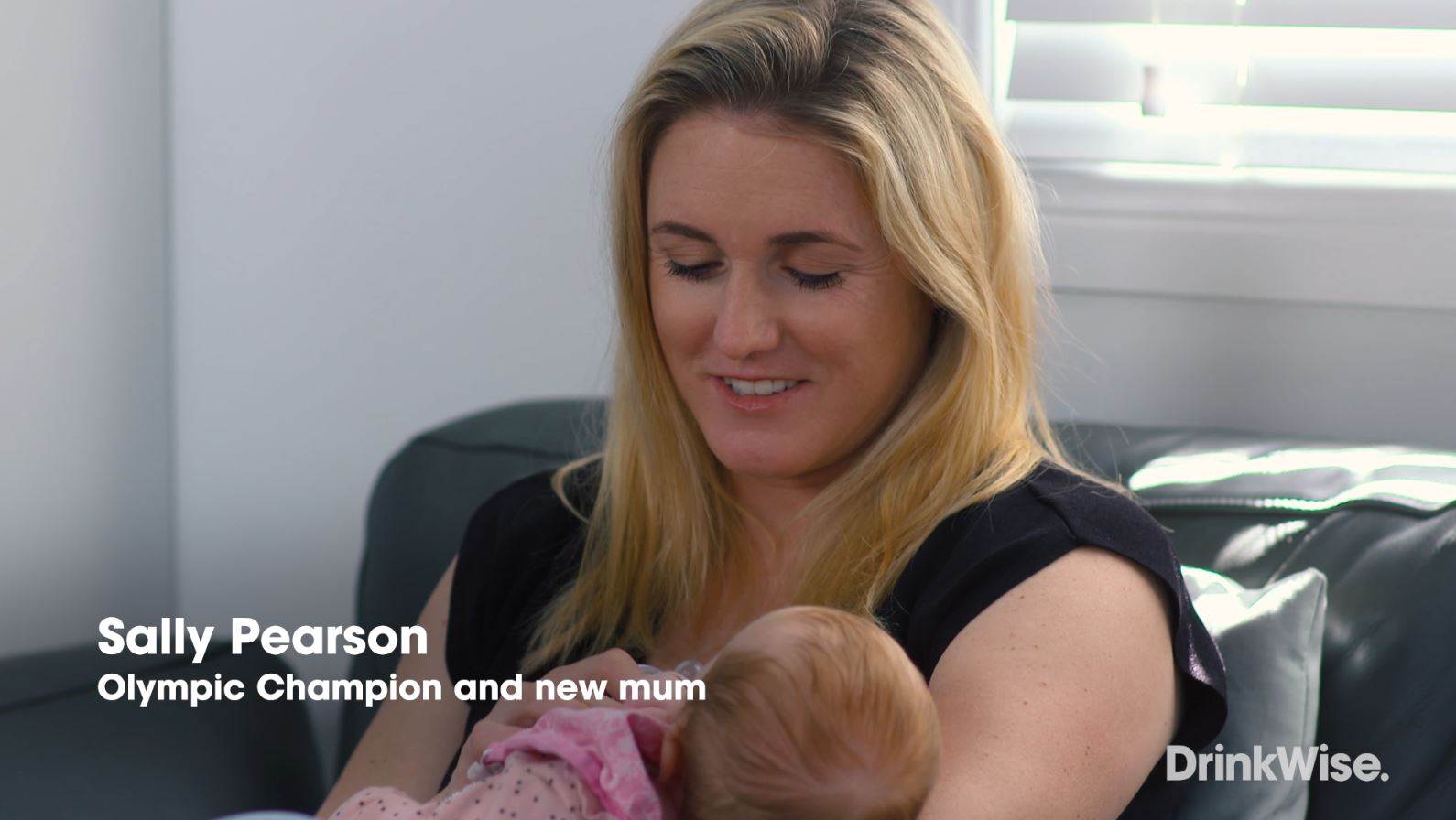
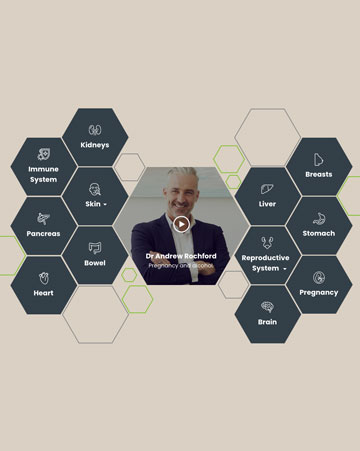
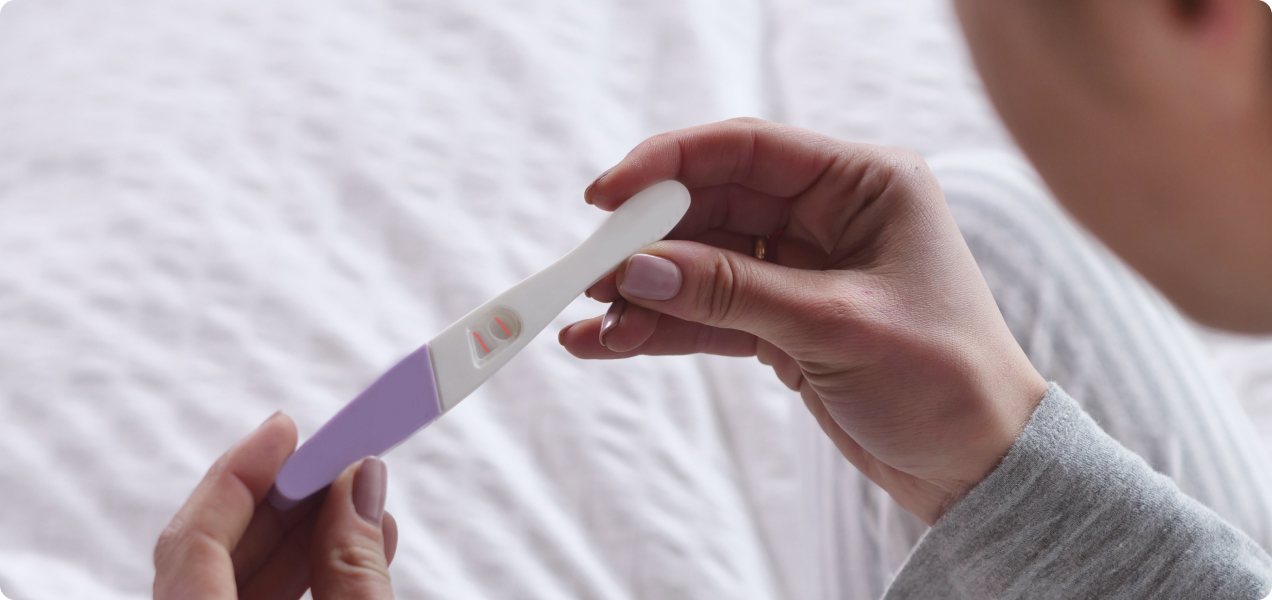
 Video
Video